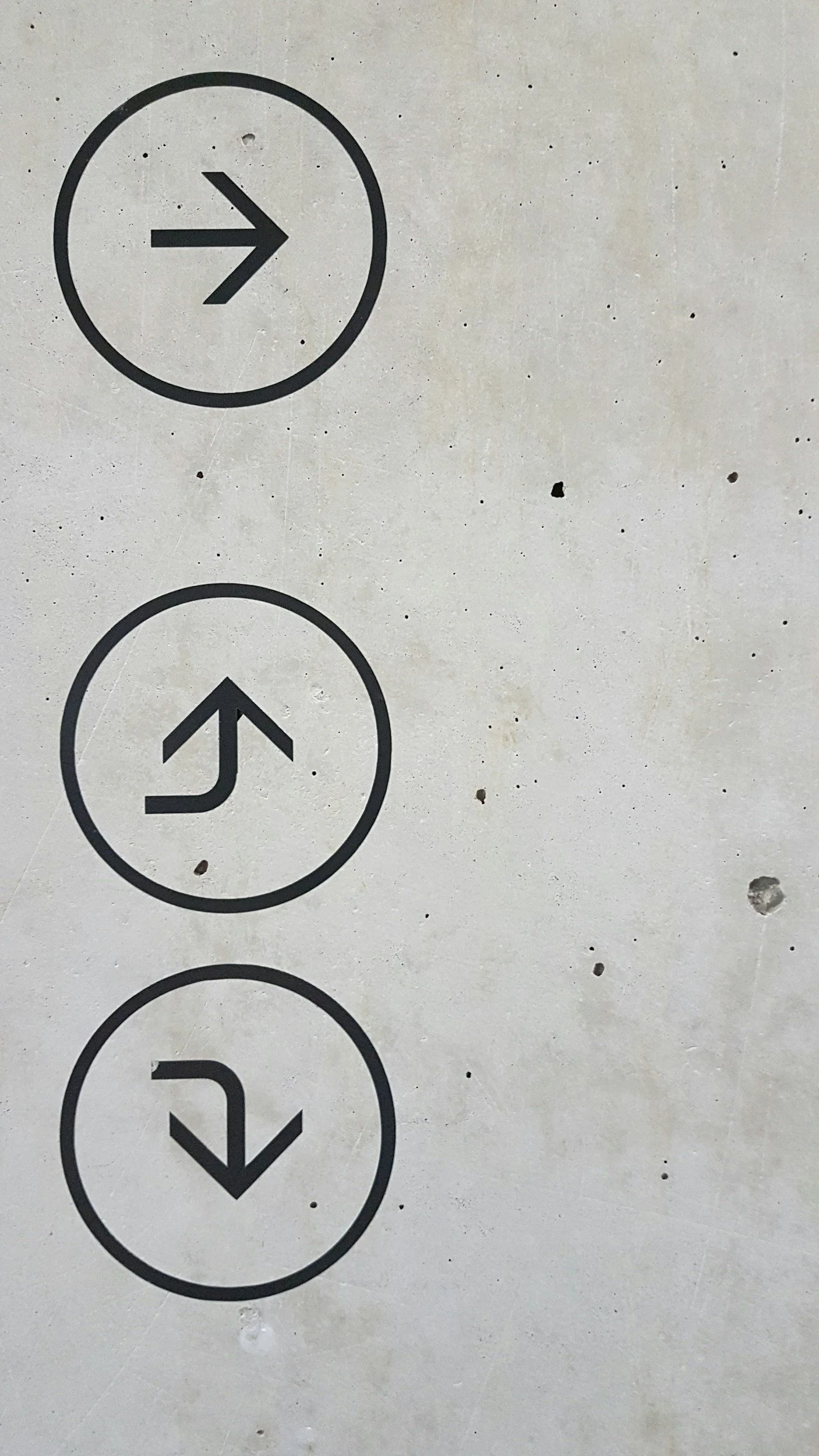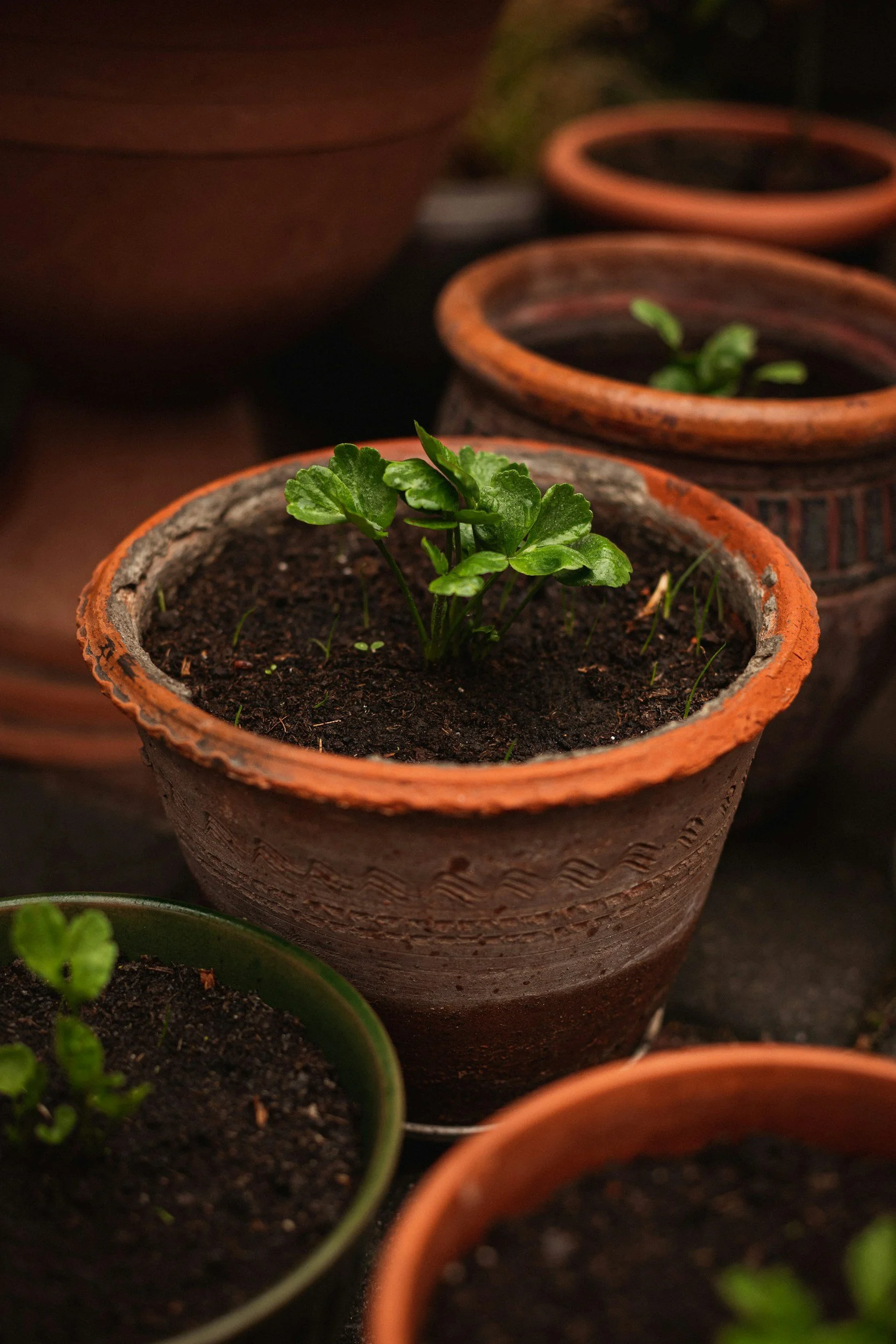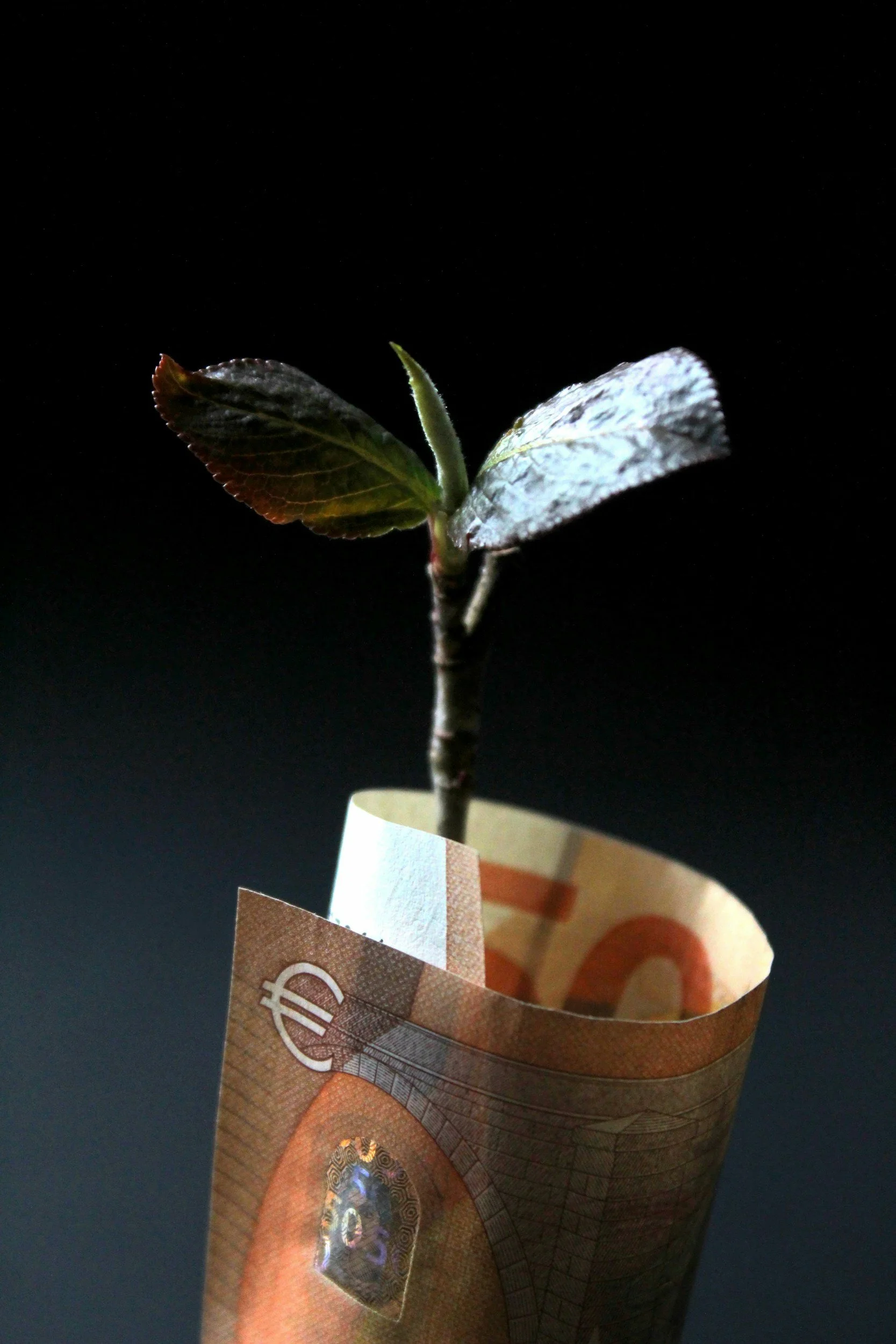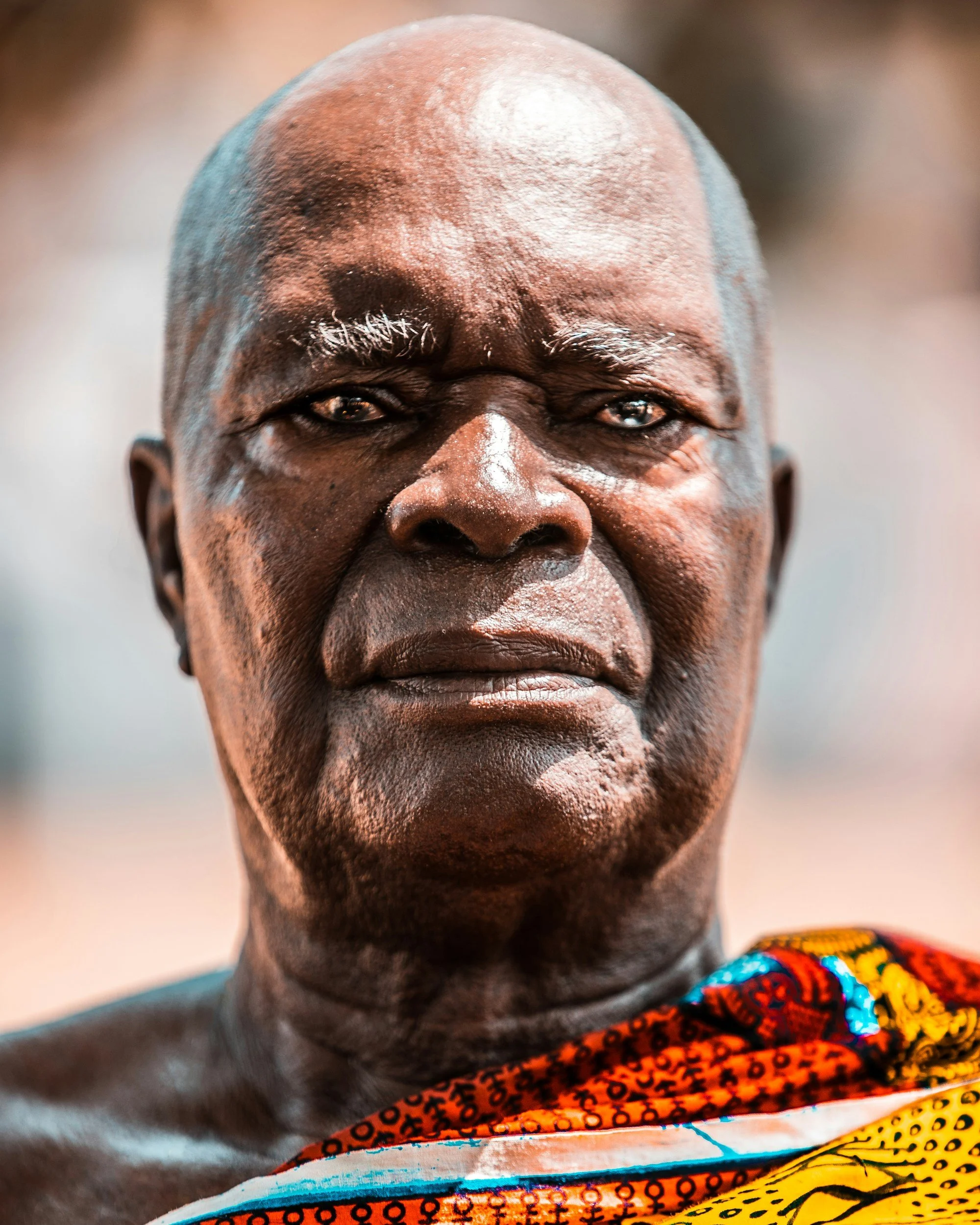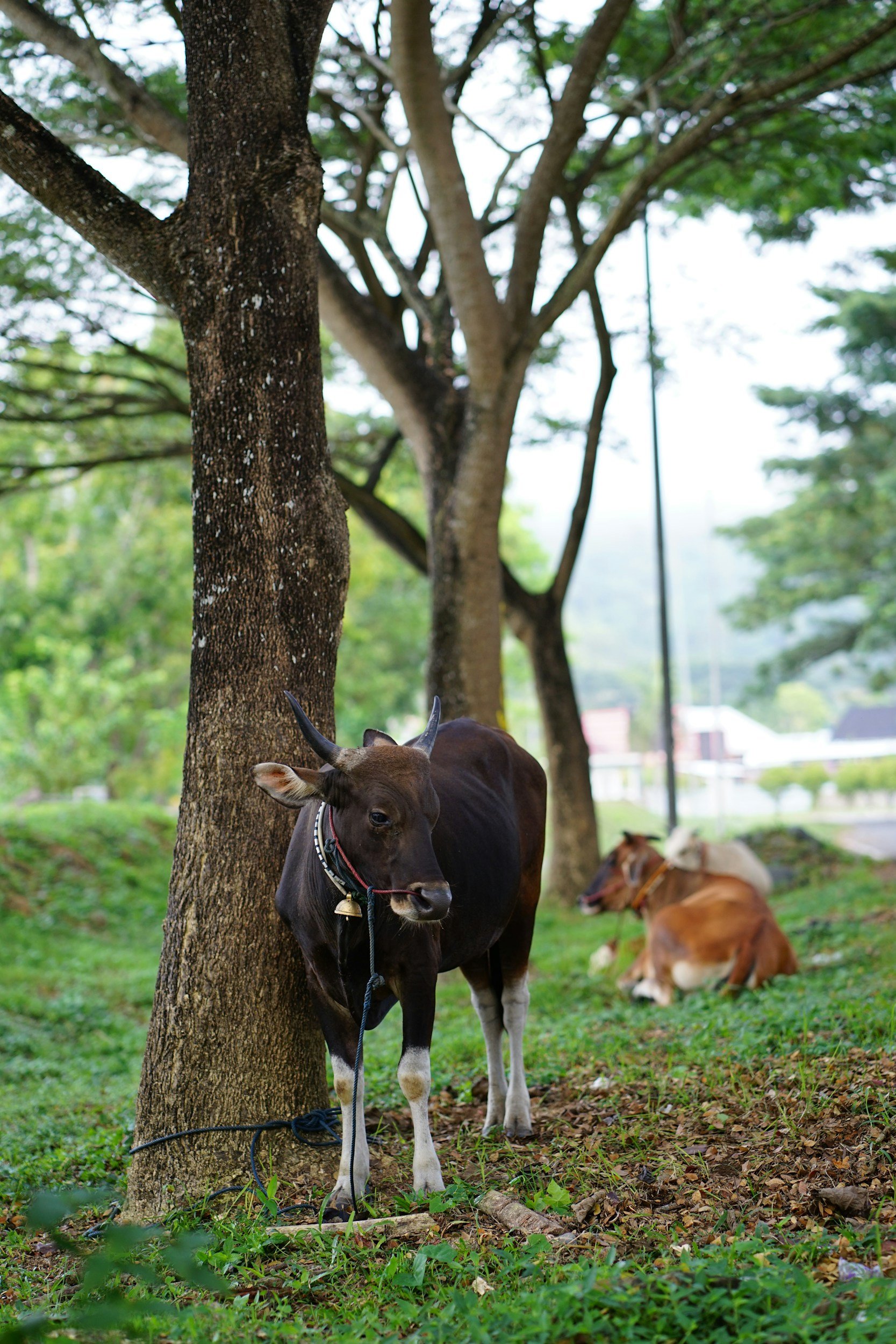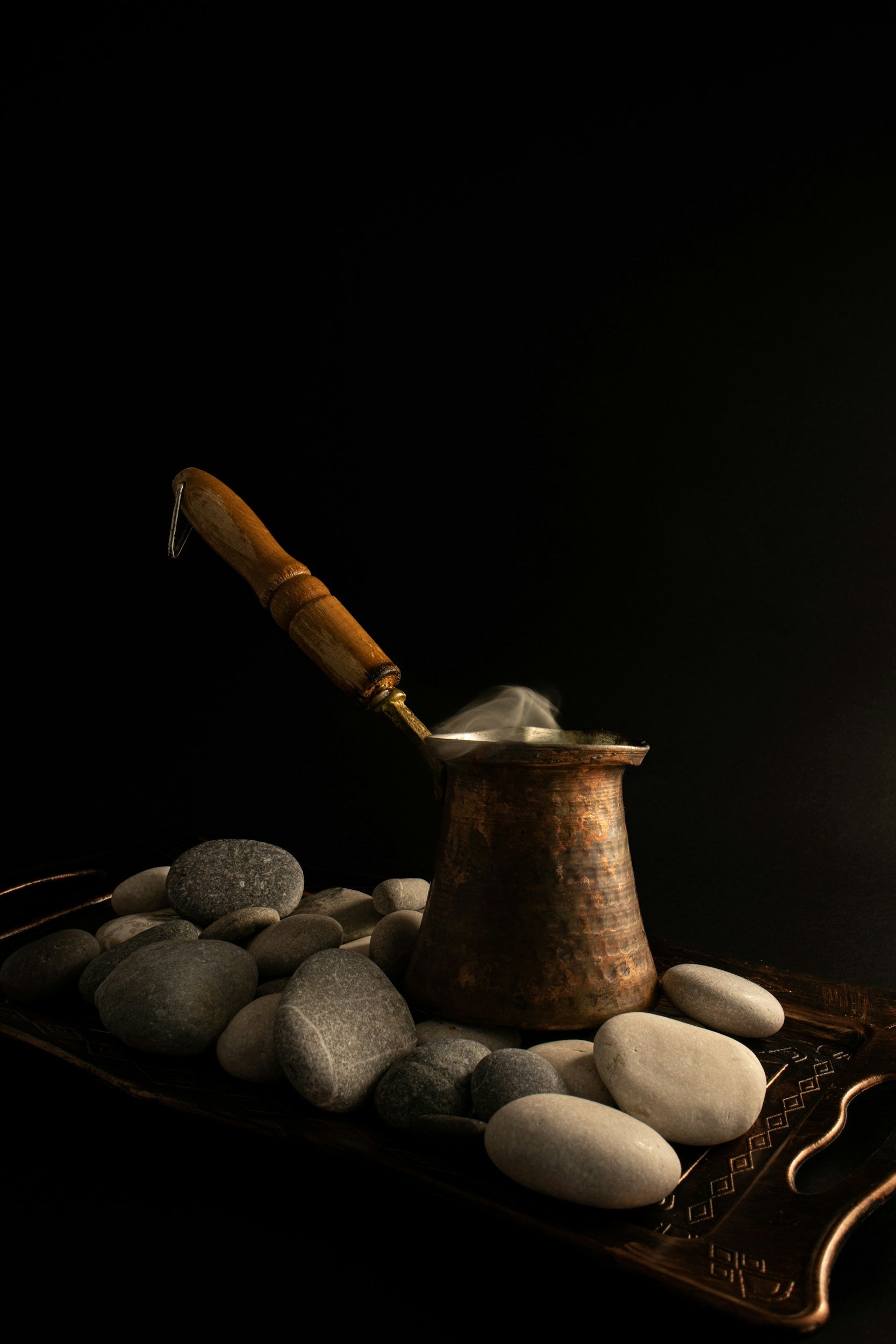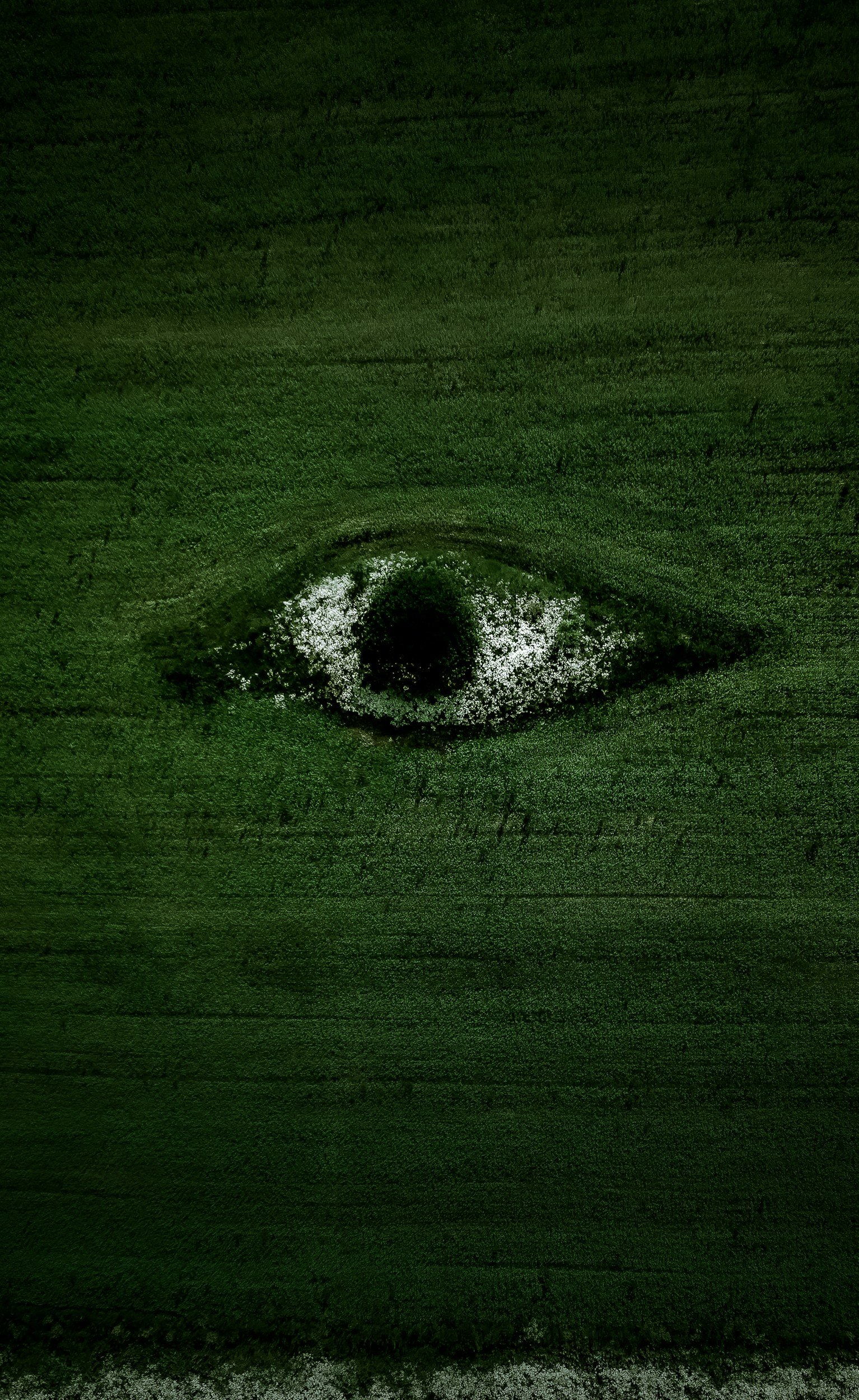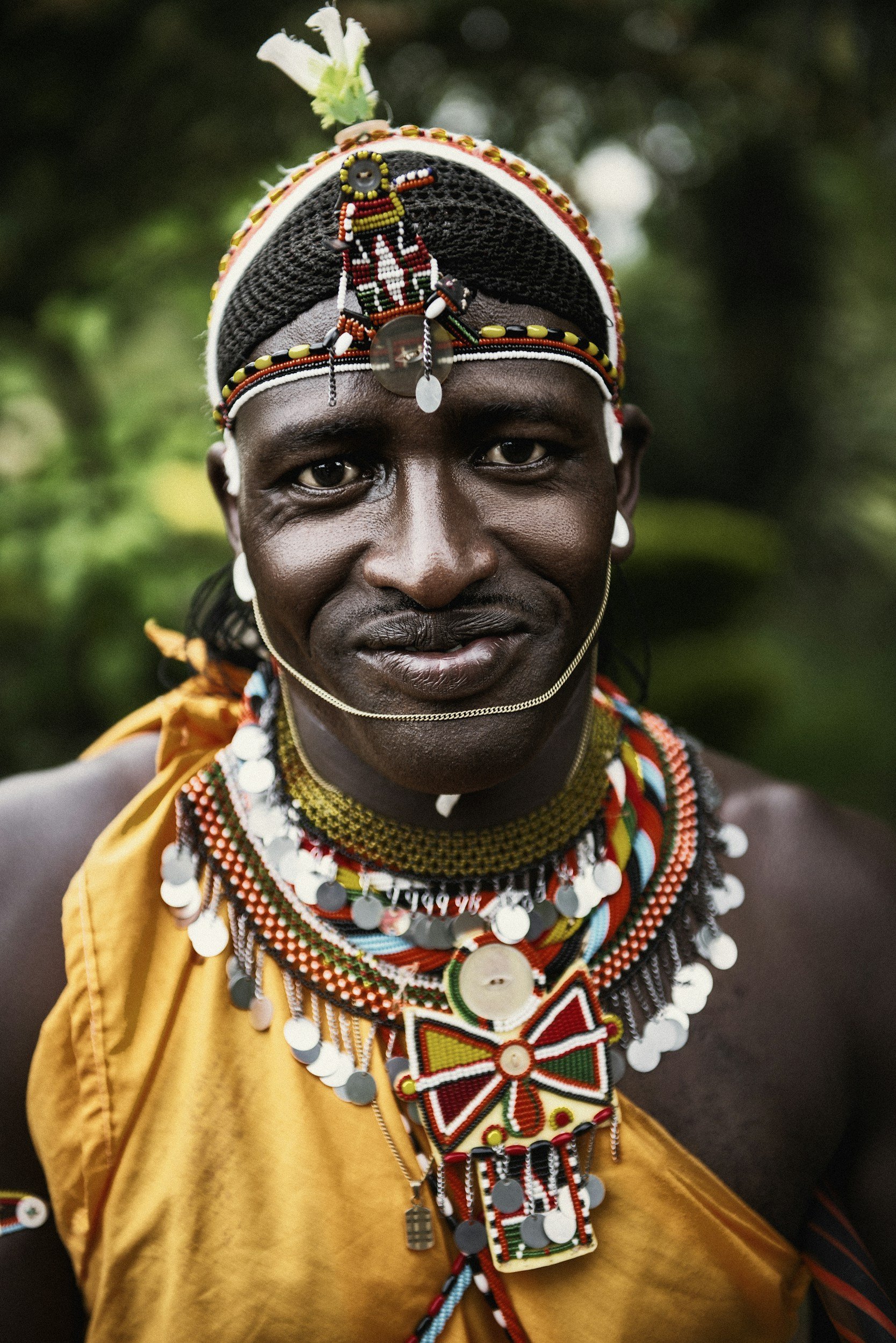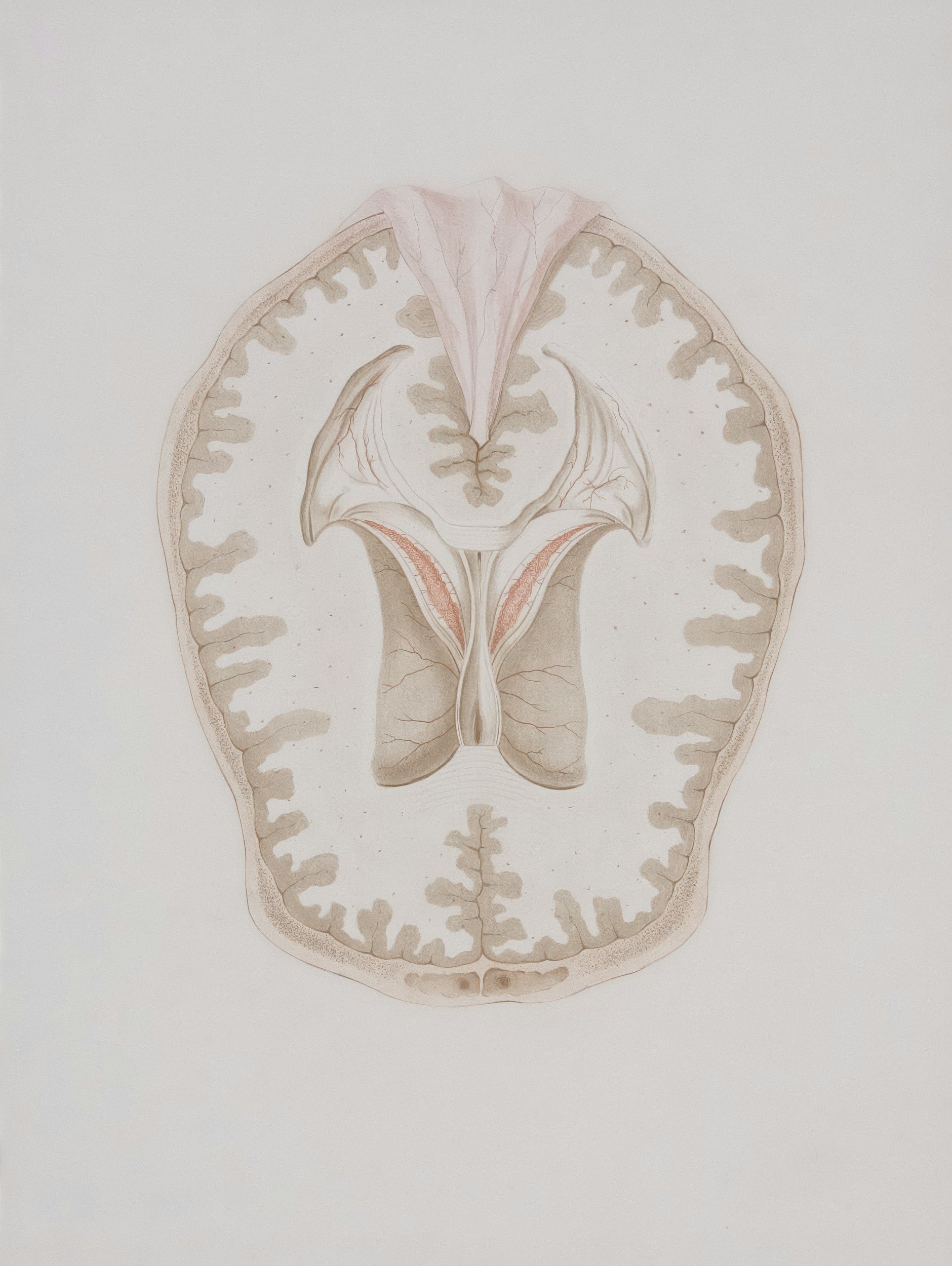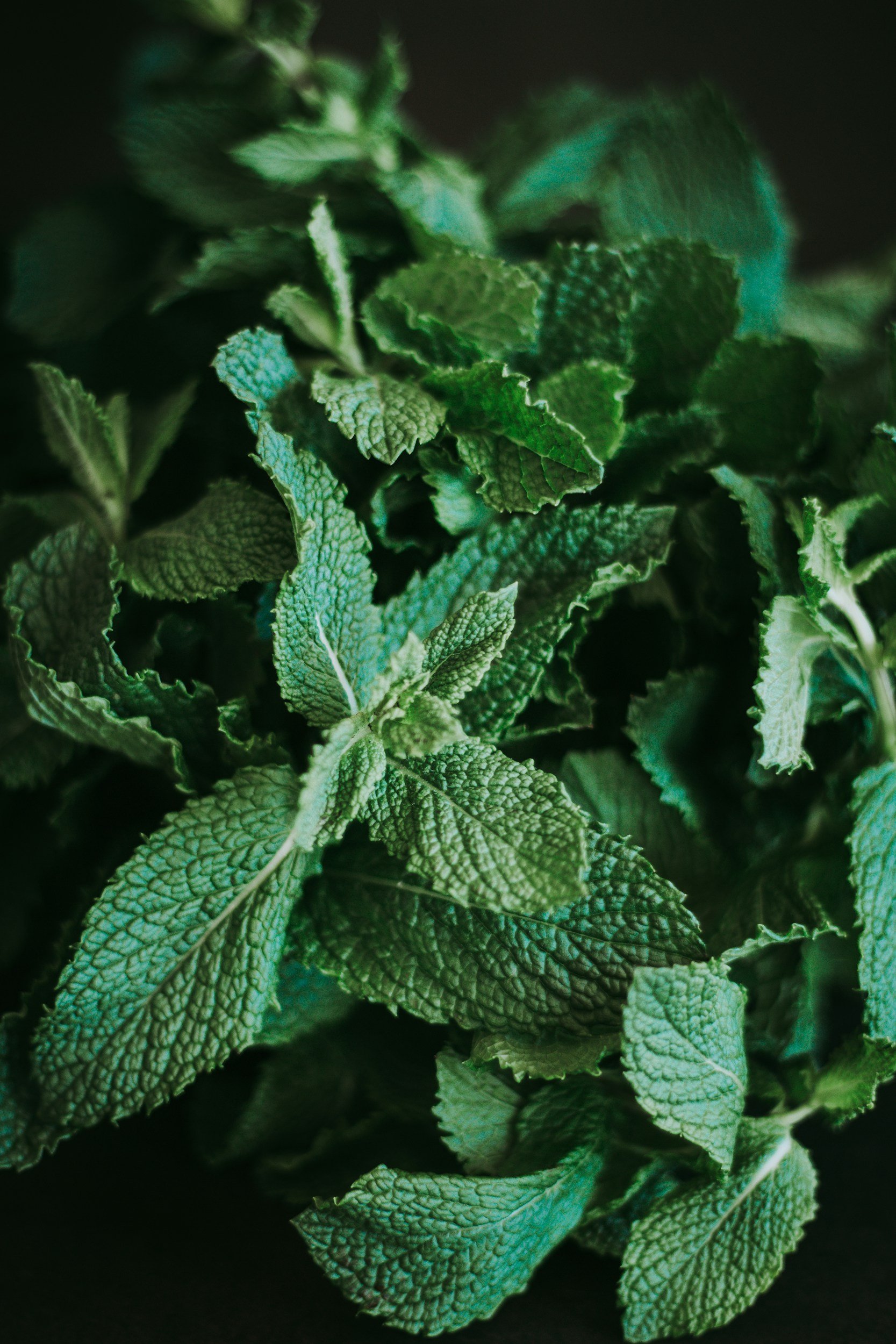7 Psychological Traits of Great Dibias
Dibias, as spiritual healers, guides, and counselors in Igbo spirituality, act as the intermediaries between the physical and spiritual worlds.
These gifted folks possess remarkable traits that set them apart from others.
Let’s explore seven psychological traits that are common among great dibias, which make them exceptional at what they do.
1. Heightened Intuition:
Intuition is perhaps the most defining trait of a dibia. This keen ability to sense things beyond the surface allows them to tap into spiritual realms, understand unseen forces, and gain insights into the problems of their clients.
A well trained intuition helps dibias make accurate diagnoses and offer solutions without relying on ordinary sensory input.
This trait is honed through years of spiritual practice, meditation, and divination training, enabling dibias to access deep layers of consciousness.
2. Empathy and Compassion:
Great dibias possess an outstanding sense of empathy and compassion, making them attuned to the emotional and mental states of others.
This empathy allows them to connect deeply with their clients and understand the true nature of their struggles, both physically and spiritually.
Dibias are not only healers of the body but also of the soul, and their compassion enables them to provide comfort and guidance throughout the healing process.
3. Patience and Discipline:
The path to becoming a dibia is long and demanding. Patience and discipline are essential qualities as they undergo years of apprenticeship and initiation rites.
This psychological resilience helps them stay focused and committed to their spiritual journey.
Patience also plays a key role in the healing process, as some conditions may take time to resolve. The dibia’s ability to remain calm and composed allows them to not rush the process but trust in divine timing.
4. Strong Sense of Purpose:
Dibias have an inherent sense of duty and purpose, they feel a calling or a sense of being chosen by spiritual forces to serve their community.
This sense of purpose drives them to continuously hone their craft, learn from Nne Agwu (the spirit of divination and wisdom), and remain steadfast in their spiritual duties.
A strong sense of purpose anchors the dibia through challenges and sacrifices, enabling them to stay aligned with their mission to serve.
5. Spiritual Resilience:
Being a dibia requires facing the darker aspects of life e.g illness, spiritual warfare, and complex emotional trauma.
Spiritual resilience enables dibias to navigate these challenging situations without becoming overwhelmed or burnt out.
They develop an inner strength through their connection with ancestors, deities, and the natural world.
This resilience allows them to not only withstand difficult energies but also transform them for the benefit of others.
6. Problem-Solving and Analytical Skills:
Great dibias are adept problem-solvers. They possess the ability to analyze complex spiritual, emotional, and physical conditions and then find solutions that address these issues holistically.
The use of divination tools like Afa (divination strings) or the knowledge of herbal medicine requires sharp analytical skills to decode messages from the spirit world or identify the right remedies.
A dibia’s problem-solving ability always involves looking beyond the obvious and drawing on ancient wisdom and spiritual insight.
7. Creativity and Flexibility:
Dibias must be creative and flexible in their approach, as no two cases are the same.
Each healing or divination session may require a different combination of rituals, herbs, or spiritual practices.
Their creativity allows them to adapt to new situations, devise unique solutions, and continuously innovate within their traditional framework.
This flexibility allows them to meet the evolving needs of their clients and the spiritual challenges they face.
To Sum It Up
Becoming a great dibia goes beyond learning rituals and acquiring spiritual knowledge, it also has a lot to do with cultivating deep psychological traits that enable them to navigate the complex realms of human and spiritual existence.
These seven psychological traits i.e heightened intuition, empathy, patience, a strong sense of purpose, resilience, problem-solving skills, and creativity, are what make dibias effective healers and spiritual leaders.
Through these qualities, they are able to guide seekers and communities toward healing and sustained growth.
What other psychological traits do you think a great dibia should possess?
Let us know in the comment section below. Dalu!
